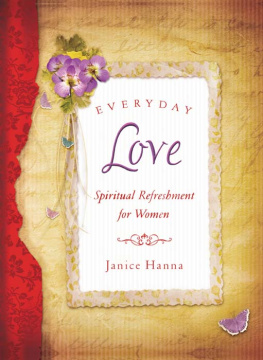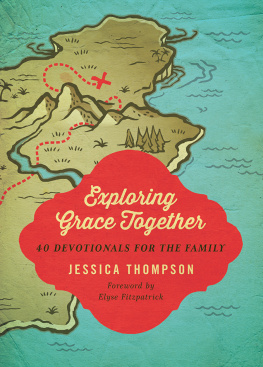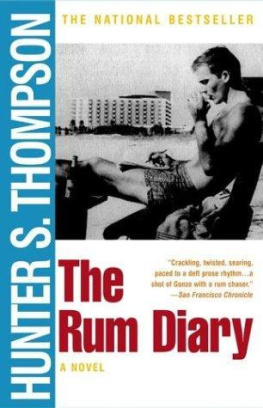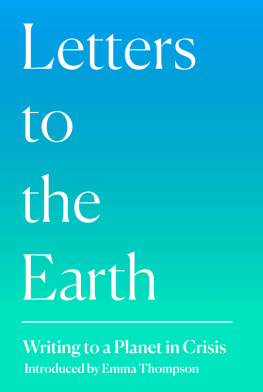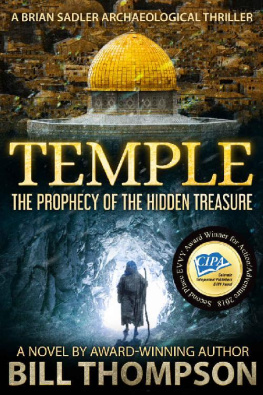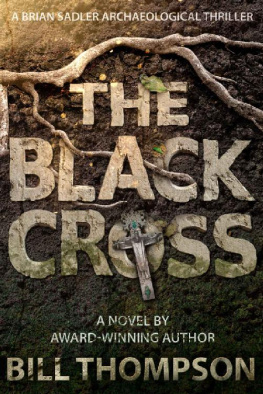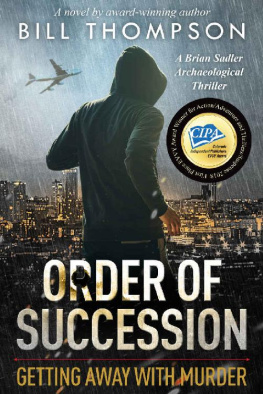Sailing
My Shoe to
Timbuktu
A Womans Adventurous
Search for Family,
Spirit, and Love
Joyce Thompson

Contents
T he oldest sentences in this book are nearly two years old today. I wrote them soon after my husband, Schuyler, climbed on an airplane bound for Cuba and an initiation that would give him a new name, Omi Abebe, and a new identity, as a priest of the Afro-Cuban religion called Santeria, or Lucumi. I have been a writer almost as long as Ive been able to hold a pencil, but in February of 2001, it had been a long timeseven yearssince I had written a book, ten since the last one had been published. This one began as private exploration and not a public act.
My mother, with whom I had walked long shadowy miles through the valley of dementia, was less than a year dead. It was that sad and magical journey, as much as anything, that had brought me to the place I found myself then, on the front porch of the Lucumi religion, wiping my feet on the mat and peering through the partly open door. Once I crossed that threshhold, not only would I no longer be the same person, I would be privy to secrets it was not mine to share. Independence of mind had delivered me to the portal of belief. It struck me as the right time to look back at everything, and everyone, that had brought me to that place. I did this less as an historian, more as a butterfly, respecting strict chronology less than the allure of individual blossoms. Emotional resonance, not continuity in time, gives this little book its structure. I pray you will trust the storyteller enough to share the flight.
More than once, books I have written have served not solely as acts of communication, but as the coin of a special realm where one lives by and for things that are not strictly material. At times when I seemed to have no resources at all, the unexpected sale of subsidiary rights or movie options has paid the rent or bought me time to think and write. My books have given again and again, to me and to my children. This one is no exception. Both psychically and financially, it brought me to my ocha.
On November 2, 2002, in Oakland, California, I was intiated a priest of the orisha Obatala. Today, as I prepare to hand this manuscript to its brave publisher, John Loudon, I am just a little more than two months old.
Iyawo Ala Iku
6 January 2003
1
the repudiation of luck
T he journey is unending, but a story needs a start.
Make it New York City, August 1983. Make it that week in August because so many things converged there. I was in New York to meet with a famous movie actor who wanted me to write an original screenplay for him. For several months, we had talked on the phone two or three times a week, each conversation at least an hour long, with no more purpose than to get acquainted. By midsummer, when I was teaching for a week at Clarion, a conference for aspiring science fiction writers, the calls began to include agents and studio executives. Even though Id never written a screenplay before, the actor wanted to make sure I had a good contract and was well paid for my time.
Luck comes in a flurry, uninvited, undeserved. It defies both probability and logic. The corners of your mouth give off a peculiar, sticky substance, your heart beats fast, and your luck, once it enfolds you, isolates you from your fellows still living by the odds. My Clarion students were titillated by the movie stars persistence, and so, to be honest, was I.
Theres more. I had a new novel, my fourth, sold but not yet published, a novel that had come to me in a vision. Thats not to say a novel that arrives in this way writes itself. It simply demands to be written. Some parts of the book would go to press exactly as they first flowed from my Bic pen, while others took months of trial and error to find their way. I had laid aside another, more seemingly commercial novel to write this one. Putting oneself in service of a story that wants to be told is a transcendent experience. Voices speak through you, and while you serve them, you are much wiser and more accomplished than you have any right to be, based on your personal history. I labored hard, the book my midwifery delivered felt necessary, and quixotic as the book was, the world welcomed it more warmly than anything else I had ever written.
Earlier that summer, in June, my publisher had held a dinner party in my honor, so I could meet the heads of the various departments who would be preparing and promoting the book. Nine months short of publication, many foreign rights had already been sold. By the time I was in New York in August, two different production companies were vying for the film rights to the novel. Even though he lived in LA and my home at the time was a small town on the northern Oregon coast, one contender had arranged to meet me in New York to pitch his case. I believe to this day he was the victim of an exclusively urban imagination, afraid obscurity might swallow him if he stepped outside the capitals of culture. When my ambitious young editor showed up at my hotel suite to take me out for a celebratory dinner that August, he carried a bottle of good champagne in his briefcase. His toast put in words what the accumulated evidence suggested: This week, youre the hottest woman writer in the world.
Luck is wry, times mockery and her test. Somebody had to be the hottest woman writer in the world that week, true, but hearing it was me put terror in my heart.
I was thirty-five years old, the mother of one child and expecting another about the same time my novel would be published. In its defiance of what had otherwise proved to be reliable forms of birth control, this act of conception was as unlikely as my sudden worldly success. I believe now that some souls need to born, just as some books need to be written, and neither has much concern for its impact on the vehicle chosen to bring it into being. The universe was having its way with me that August. And I felt like a fraud.
Because I had written a wise book, people assumed that I was wise. At three months, I looked ripe but not yet pregnant, considerably more shapely than I normally am. The actor said it was my talent that attracted his attention, but with the incisiveness of hindsight, I believe what drew him was something more particular and more complex. I had written a first-person novel in a male voice so convincingly that when he read it, the actor believed I was a man. He had recently starred in a movie in which he acted as a woman. He needed to meet me, I think now, to assure himself that performing a powerful act of cross-gender imagination does not erode ones sexual identity. The first thing he said when we met was, Youre so feminine. Later he wanted to have sex and was offended when I demurred. Have I said already that until that moment I had succeeded in convincing myself our attraction was exclusively cerebral?
Luck is as arbitrary, as chilling as sin.
One August afternoon, in my view-room high above Manhattan, I knelt beside the king-size bed and prayed.
My marriage was neither healthy nor happy. I knew I would be punished for my success. I knew I was shallow and vain. I knew that the wisdom people attributed to me was not my own, nor even accessible to me outside the confines of a story. My good fortune was arbitrary, my self unworthy. I prayed to do no harm.
Like any piece of junk mail, my prayer was addressed to Occupant. I did not know whose help I sought, or how it might come to me. In August of 1983,1 had no spiritual center. With that desperate act of scattershot prayer, I set out to look for one.


